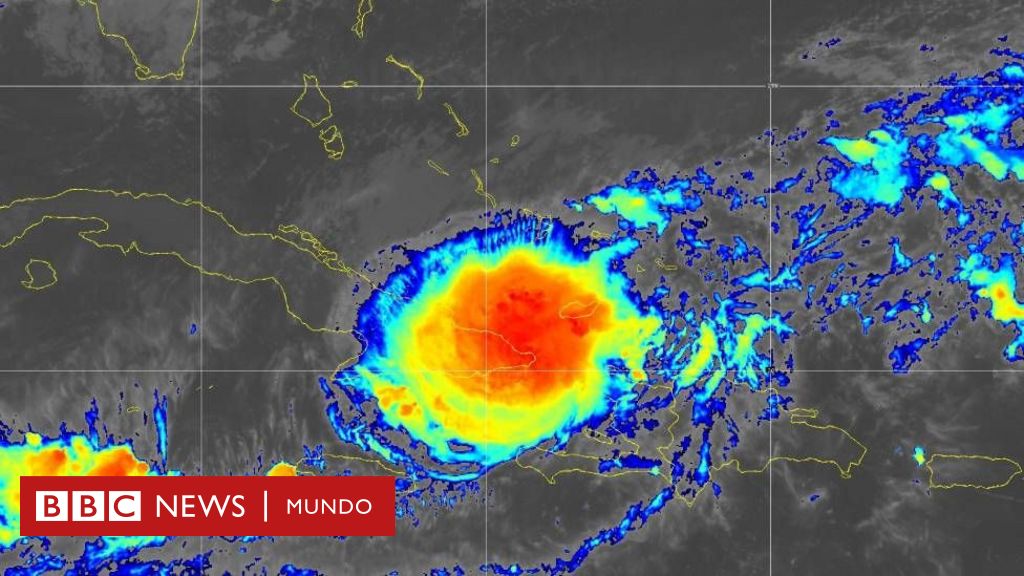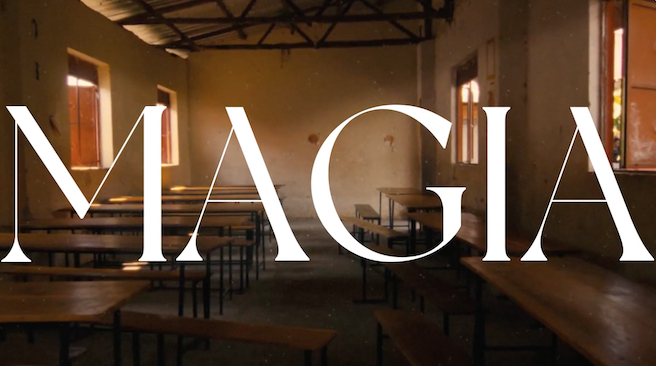British Asians expelled from Uganda

Encephalitis in Los Mochis. Five horses attacked by Venezuelan equine encephalitis appeared dead in various directions from the city, while six other horses in Juan Jose Ríos died of the viral disease. The municipal authorities, in coordination with the authority’s veterinarians, agreed to cremate the horses’ carcasses, in order to avoid the possibility of infection transmission. Strict orders were issued to vaccinate the horses again.
British Asians expelled from Uganda. Kampala. British envoy Geoffrey Ribbon arrived in Uganda hoping to convince President Idi Amin of his decision to expel more than 50,000 British Asians within three months. However, the government said Amin would be too busy to see the envoy. Diplomatic sources believe that the president’s position and the presence of low-ranking protocol officials to receive Ripon appeared to be a deliberate insult.
Ripon’s presence comes as Britain tries to avoid being flooded with expelled Ugandans, mostly Indians and Pakistanis holding British government passports. Amin will be discouraged from shortening the 90-day deadline and instead extending the departure of British passport holders over several years. “I hope that the practical considerations involved in carrying out an honest order will be taken into account in the context of policy,” Rippon said.
August 13, 1997
Statue of Juarez in Plaza Civica. Representatives of lawyers, Freemasons and political associations, in a meeting with Mayor Francisco Salvador López Brito, agreed to immediately install the statue of Benito Juárez that had been uprooted from the intersection of the streets of 10 de Mayo and Adolfo López Mateos, immediately in Plaza Civic in the City Council, while the place where It will remain permanently. In the lively and fruitful meeting, they spoke clearly and openly of offending Benemérito de las Américas by moving him from his place without any consultation.
Opposition Alliance. Mexico City Contrary to what was expected, in a landmark decision, the four opposition parties, which constitute the majority in the Chamber of Deputies, reached agreements and formed an alliance to prevent the CRP from continuing legislative control. Immediately, the surprised CRP members said they would respond to any majority attempt, noting that they represented 11 million voters and that they still had the largest number of federal representatives. Even President Zedillo had to call for reconciliation.

“Coffee fanatic. Gamer. Award-winning zombie lover. Student. Hardcore internet advocate. Twitter guru. Subtly charming bacon nerd. Thinker.”











